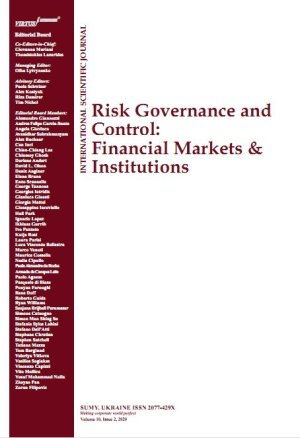
E-COMMERCE AS AN INSTRUMENT OF GOVERNING SMEs’ MARKETING STRATEGY IN AN EMERGING ECONOMY
Download This Article
This work is licensed under a Creative Commons Attribution-NonCommercial 4.0 International License.
Abstract
The purpose of this paper is to report on the use of e-commerce an instrument of governing SMEs’ marketing strategy in an emerging economy. The study aimed to assess and critically discuss various factors influencing the use of e-commerce as an instrument of governing SMEs marketing strategy and identify the extent to which SMEs owners/managers perceived e-commerce to be important to their businesses survival and growth. A mixed method approach allowed for qualitative and quantitative techniques in collecting data from targeted respondents, with primary collected from rural areas of an emerging country. The research instrument consisted of closed-ended questionnaires made up of 5-point Likert scale responses were distributed to each respondent. The research findings indicate that most respondents believed that the use of e-commerce is motivated by the cost saving and other financial factors in the form of benefits for the customer. In addition, large number of respondents disagreed that the use of e-Commerce has changed their consumer buying behaviour. The paper’s benefit will be to the owners/managers SMEs as well as policy makers and financial agencies for SMEs.
Keywords: Consumer Buying, Small and Medium Enterprises, E-Commerce, Behavioural Change, Rural, Products
How to cite this paper: Lekhanya, L. (2016). E-Commerce as an instrument of governing SMEs’ marketing strategy in an emerging economy. Risk governance & control: financial markets & institutions, 6(4-2), 298-305. https://doi.org/10.22495/rgcv6i4c2art7



















